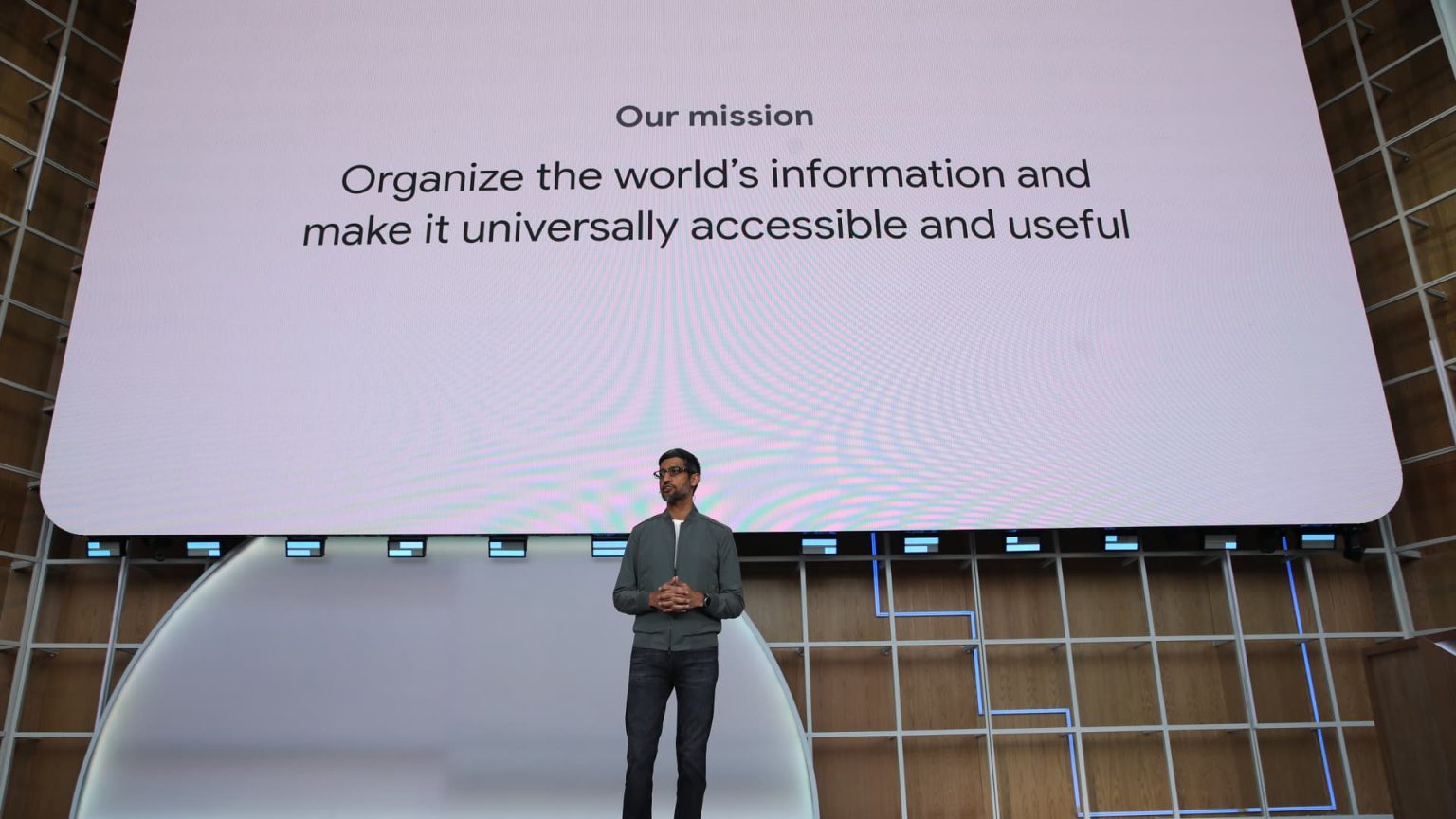Less than two weeks after Google debuted “AI Overview” in Google Search, public criticism is mounting as users report receiving nonsensical or inaccurate results within the AI feature, with no option to opt out. AI Overview provides quick summaries of answers to search queries at the top of the search results page. However, users have shared screenshots showing the AI tool giving incorrect and controversial responses. This has raised concerns about the accuracy and reliability of the information provided by AI Overview.
The rise of AI-powered tools like AI Overview is part of a generative AI arms race involving companies like Google, Microsoft, and OpenAI, as they compete to integrate AI-powered chatbots and agents in various industries. The market for AI technologies is predicted to surpass $1 trillion in revenue within a decade. Despite the potential benefits of AI technologies, the examples of errors produced by AI Overview, as shared by users, highlight the challenges and limitations of these tools.
Some of the errors produced by AI Overview include providing inaccurate responses to queries about historical or scientific information. For example, the tool incorrectly stated that the U.S. has had one Muslim president and suggested adding glue to pizza to prevent cheese from sticking. Misattributing information to medical professionals or scientists can also be problematic, as seen in responses related to health recommendations or dietary advice. These inaccuracies raise concerns about the reliability of the information presented by AI Overview.
Google has faced criticism for the rollout of AI Overview, as users have reported receiving inaccurate or nonsensical responses to their queries. The company initially touted the feature as a way to provide quick answers to search questions, but users have highlighted instances where the tool has generated misinformation. Google has acknowledged the issues with AI Overview and stated that it is taking swift action to address any inaccuracies or inappropriate content. The company emphasized that the vast majority of AI Overviews provide high-quality information with links to additional resources for further exploration.
In addition to AI Overview, Google has also faced challenges with other AI tools, such as Gemini’s image-generation tool, which generated historically inaccurate or questionable responses to user prompts. Following user feedback and criticism, Google announced a pause in the image generation function of Gemini to address the issues. The problems with Gemini’s outputs reignited debates within the AI industry about ethics and biases in AI models. Google has faced scrutiny for its handling of AI ethics, including the ousting of co-leads of its AI ethics group in response to critical research findings.
The issues with AI Overview and other AI tools highlight the complexities and challenges of integrating AI technologies into everyday applications. While AI technologies have the potential to enhance user experiences and streamline processes, they also raise concerns about accuracy, bias, and ethics. As companies like Google continue to develop and deploy AI-powered tools, addressing these challenges will be crucial to ensuring the trust and reliability of AI systems in the future.













